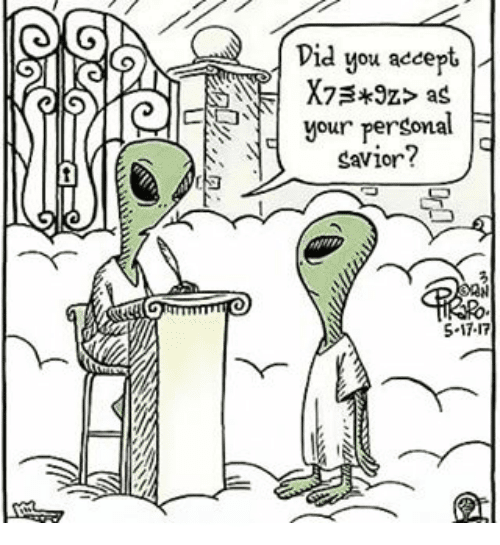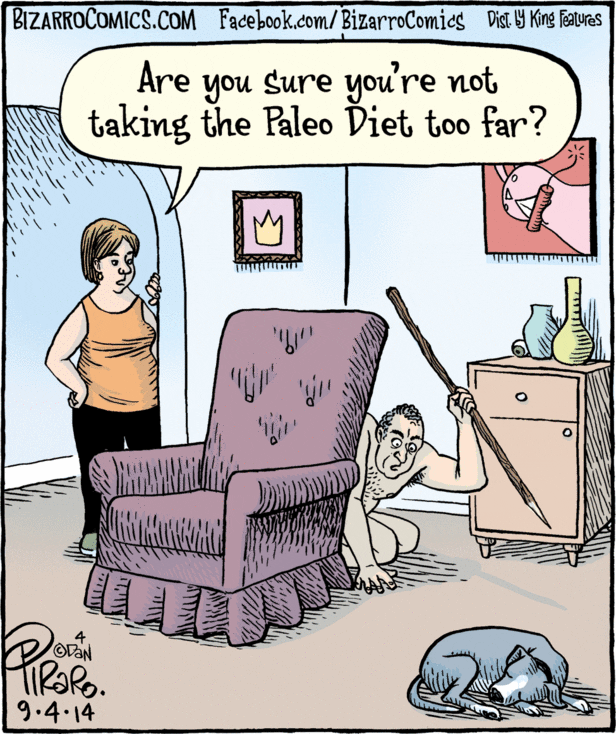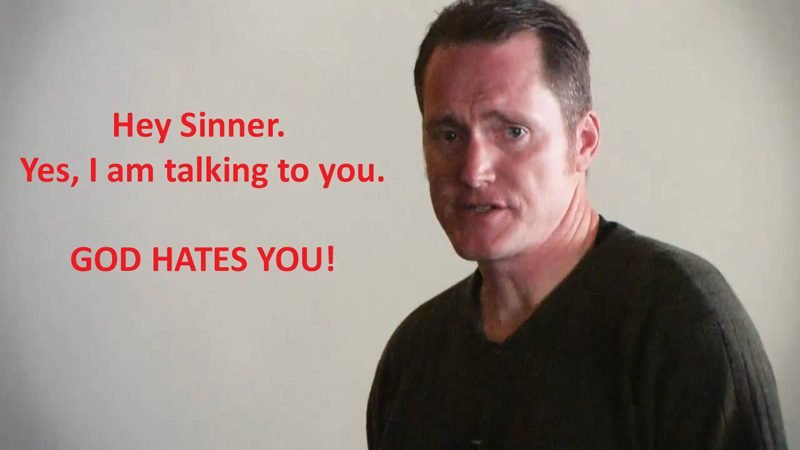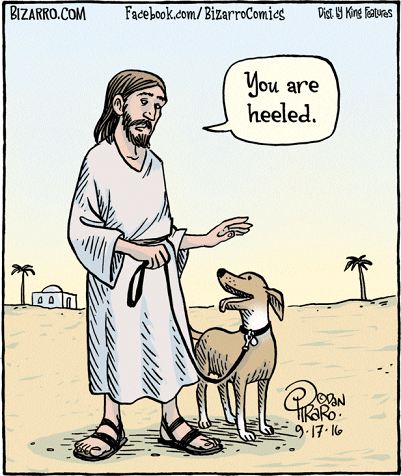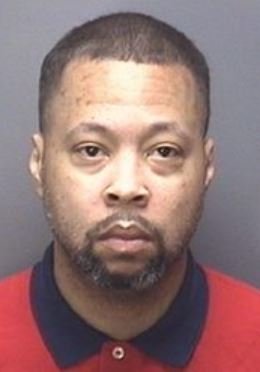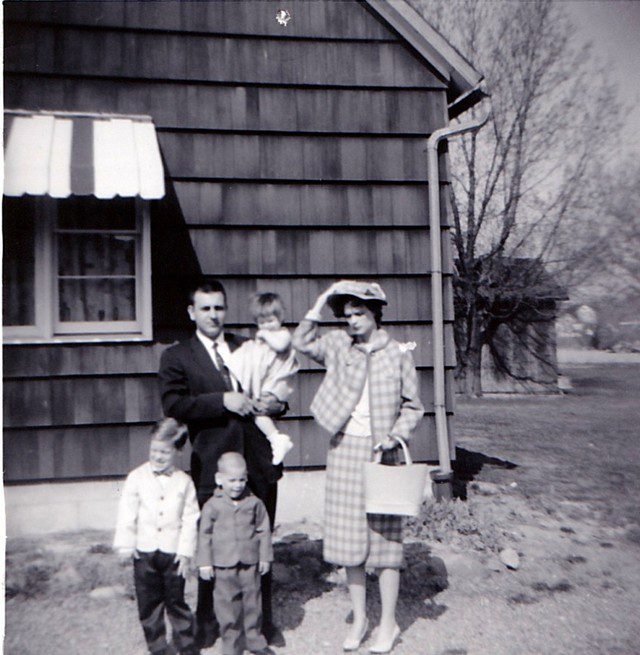
I was born in June 1957. My parents had me baptized in a mainline Protestant church (Lutheran or Episcopalian), but they moved to San Diego, California in the early 1960s, and I became a saved, baptized member of a Fundamentalist Baptist congregation — Scott Memorial Baptist Church, Tim LaHaye, pastor. From that time to my exit from Christianity in 2008, I was to some degree or another an Evangelical Christian. I say to some degree or another, because towards the end of my sojourn in Egypt I escaped Evangelicalism for a time. My wife and I visited numerous mainline churches, ranging from Greek Orthodox to United Methodist and from Roman Catholic to Lutheran. (Please read But Our Church is DIFFERENT!) The last church we attended before exiting out the back door never to return was a United Methodist church pastored by an Evangelical man who received his seminary education at Ohio Christian University. So while I have visited and attended for a short while non-Evangelical churches, my pedigree is solidly Evangelical.
The question, then, is this: did I choose to become an Evangelical? The short answer is no. My religion (and politics) was chosen for me by my parents. From the 1960s to 2008, I was very much a part of the Evangelical church, its politics, and its subculture. Early on, the churches I attended were on the far right of the Evangelical spectrum. In the mid-1990s I abandoned the Independent Fundamentalist Baptist (IFB) church movement and embraced generic Evangelicalism with a Calvinistic twist. Towards the end of time in the ministry, I found myself on the other end of the Evangelical spectrum. If I had continued on the leftward path, I have no doubt that I would have left Evangelicalism altogether. I suspect the only thing that stopped me from doing so was my lack of education. Leaving Evangelicalism to pastor liberal/progressive Christian churches was of interest to me, but having three years of Bible college education with no post-college seminary training barred me from walking that path. And just as well, I suppose, because the more I studied and learned the more I doubted the central claims of Christianity. It was only a matter of time before I came to the conclusion that Christianity no longer made sense. (Please read The Michael Mock Rule: It Just Doesn’t Make Sense.)
My parents were attend-church-three-times-a-week Evangelical Christians. From the age of five through the age of fifty, I attended Sunday worship services at the Evangelical churches our family called home. As a fifteen-year-old boy, I accepted Jesus as my Lord and Savior, was baptized, and called into the ministry. For the next thirty-five years, I considered myself a God-called preacher. When I was a teenager, most of my friends were Evangelicals, and those who weren’t I tried to evangelize. Every girl I dated was an Evangelical. The college I attended was Evangelical. The girl I married was an Evangelical. Her parents and extended family were Evangelical. The six churches I pastored were Evangelical — IFB, Sovereign Grace Baptist, Christian Union, Non-denominational, Southern Baptist. All of my ministerial colleagues were Evangelical. In other words, I was, in every way, an Evangelical.
While I certainly made numerous choices as far as my theological beliefs and practices were concerned, I never strayed far, if at all, from the confines of the broad Evangelical tent. I may have thrown off the strictness of my IFB youth and early years in the ministry, but theologically I remained an Evangelical. Till the end, I believed the Bible was the Word of God. Till the end, I believed Jesus was the virgin-born, miracle-working, resurrected-from-the-dead son of the one true God. Till the end, I believed that Jesus was the WAY, the TRUTH, and the LIFE. Till the end, I worshiped the triune God of Christianity. Till the end, I tried my best to live according to the commands, precepts, and laws of the Bible. Till the end, I modeled Christian faith to my children. Till the end, I was not ashamed to call myself a Christian.
As I look back over my life from a psychological and sociological perspective, it is evident that my religion was chosen for me; first by my parents and later by the pastors, teachers, church members, and friends I looked up to. No one ever suggested that faith might exist outside of Evangelicalism. No one ever recommended that I read the religious writings of other religions or consider whether Christianity was true. My life, in every way, was one long presupposition. Outlandish, irrational beliefs were accepted as facts because, well, everyone I knew believed these things. When your family, friends, pastors, and teachers all have the same beliefs (in a broad sense), it is unlikely that you are going to believe differently. At least, that was the case for me. As a true-blue believer, I was all-in. Even after my parents divorced and my entire family stopped attending church, I held on to the family God. In fact, I became more devoted to Jesus and his church. Is it any surprise that I was saved and called into the ministry the same year my parents divorced (and remarried)? I think not. In the church, I found a familial connection. In the church, I found purpose, meaning, and direction. No matter how much turmoil there was in my life, the church was always there for me. Well — until I said I was an atheist, anyway. THAT was a bridge too far, even for more “enlightened” Evangelicals.
Evangelicalism is bubble, the bubble where I found love and safety for many years. The beliefs and practices that now seem irrational, delusional, and psychologically harmful, made perfect sense to me as long as I remained in the bubble. When you grow up in and spend most of your life in a monoculture, it is hard to imagine life outside of the bubble. Danger, damnation, and hell await those who stray from the fold, I was told countless times, and I warned others of the same when I was a pastor. It was only when I dared to consider that the Bible might not be an inspired, inerrant, infallible text that I had thoughts of life outside of the bubble. I could be wrong, I thought. What if Christianity is not what I believed it to be all these years? What if all paths lead to God? What if no paths lead to God because there is no God? Questions pushed opened the door, and once it was open, I was free to wander and roam; free to read whatever I wanted; free to have non-Christian friends; free to love the world and the things of the world; free to finally, for myself, choose whether I wanted to be an Evangelical or whether I wanted to be a Christian. And the choice I made, of course, was NO, I don’t want to be an Evangelical; I don’t want to be a Christian. But even here I have to admit that, to some degree, this choice was forced upon me. I could have ignored the voices in my head and remained a Christian, but I chose, instead, to listen to questions and challenges percolating in my mind as I, for the first time, looked at Christianity with a skeptical, critical eye. And once I dared to accept the full weight of the implications of what I learned, my house of faith came tumbling down.
I have spent the last decade building a new house, one that sits on a foundation of reason, freethought, and the humanistic ideal. I didn’t choose to become an Evangelical. But I have now chosen to become a humanist. I feel liberated from the bondage of past beliefs, and while humanism is not the end-all Christianity professes to be, it does provide me a solid moral and ethical foundation by which to live my life. And here’s the good news, I am free to change and adapt as my thinking evolves, and no one is going to threaten me with humanist hell if I do. I can’t begin to express how wonderful it is to to ponder and think about what we call the big issues of life without fearing that I have offended the God or one of his earthly messengers. Simply put, I am free to be me.
About Bruce Gerencser
Bruce Gerencser, 61, lives in rural Northwest Ohio with his wife of 40 years. He and his wife have six grown children and twelve grandchildren. Bruce pastored Evangelical churches for twenty-five years in Ohio, Texas, and Michigan. Bruce left the ministry in 2005, and in 2008 he left Christianity. Bruce is now a humanist and an atheist. For more information about Bruce, please read the About page.
Bruce is a local photography business owner, operating Defiance County Photo out of his home. If you live in Northwest Ohio and would like to hire Bruce, please email him.
Thank you for reading this post. Please share your thoughts in the comment section. If you are a first-time commenter, please read the commenting policy before wowing readers with your words. All first-time comments are moderated. If you would like to contact Bruce directly, please use the contact form to do so.
Donations are always appreciated. Donations on a monthly basis can be made through Patreon. One-time donations can be made through PayPal.

